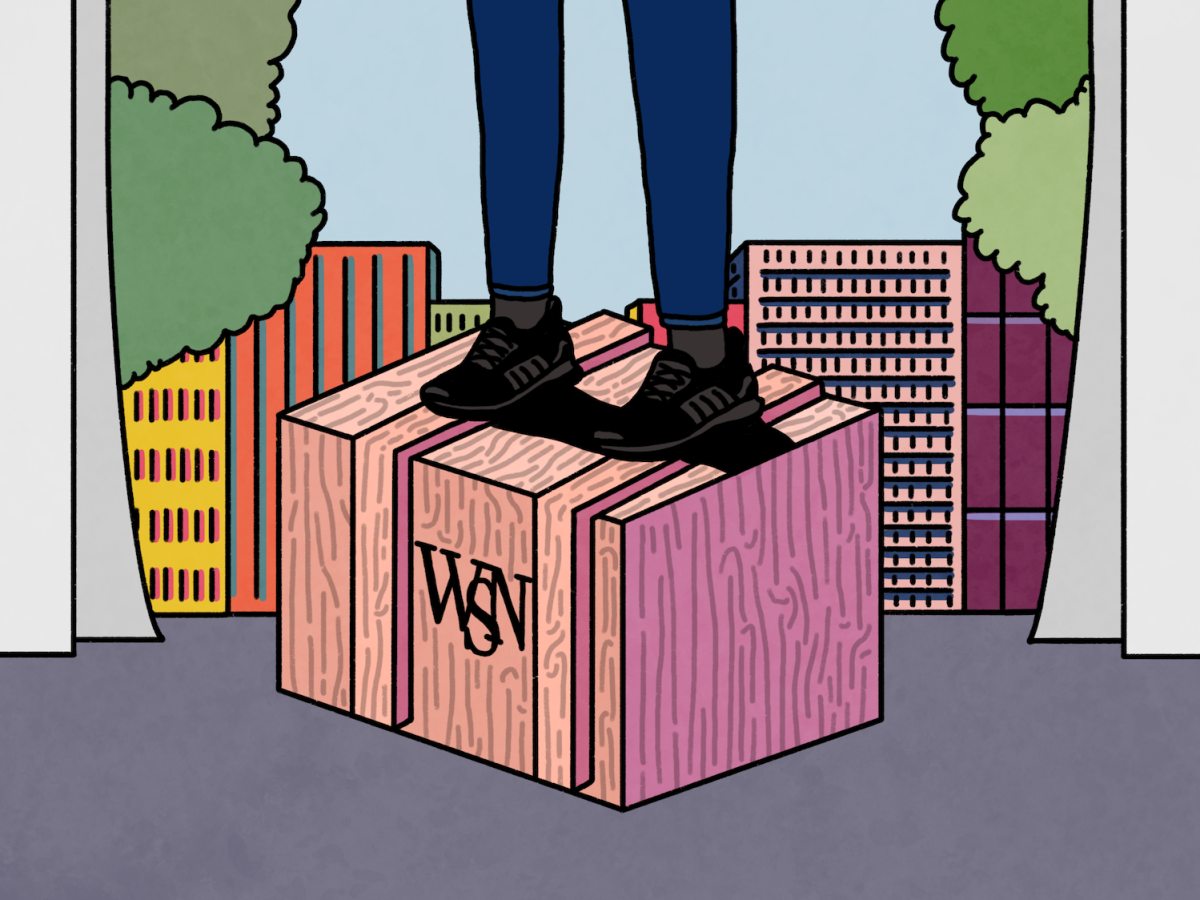In Argentina, top two candidates prepare for run-off election
Last Sunday, Argentina held the first round of its presidential election, with no candidates having been able to win 45% of the popular vote. The result sets up a Nov. 19 run-off election between the top two candidates — Sergio Massa, a center-left economy minister for Argentina’s previous government, and Javier Milei, a far-right libertarian economist — where the candidate with the most votes will be elected as Argentina’s next president.
Prior to the election, Argentine president Alberto Fernández and vice president Cristina Fernández de Kirchner, both announced they would not seek reelection amid a fast-growing economic crisis.
Argentina’s struggling economy and highest-ever inflation lead to pollsters predicting that the current ruling political coalition, Union for the Homeland, would lose to Milei’s far-right La Libertad Avanza coalition. However, Massa surprisingly won the first-round with 36.2% of the vote against Milei’s 30.3%, after 86% of the votes were counted.
On Wednesday, former presidential candidate Patricia Bullrich — who placed third in Sunday’s election with around 24% of the vote — announced her support for Milei, giving him a key endorsement in the run-up to the decisive election next month.
“In the case of Javier Milei, we have differences, and that’s why we competed,” Bullrich said, according to the Associated Press. “We don’t overlook them. However, we are faced with the dilemma of change or the continuation of a mafia-style governance for Argentina and putting an end to the shame of the present. We have the obligation not to remain neutral.”
In China, youngest-ever crew heads for space station
On Thursday, the China Manned Space Agency announced that the launch of Shenzhou 17 mission, which consists of China’s youngest-ever crew, was successful.
Led by former air force pilot Tang Hongbo, the mission departed from the Jiuquan Satellite Launch Center in the Gobi Desert and is currently headed to the country’s Tiangong space station. It is China’s 12th crewed mission and also set a new record for the shortest interval between two space flights by Chinese astronauts.
While Tang is from China’s second batch of astronauts in 2010, the other two astronauts in the mission are from the nation’s third batch of astronauts, 33-year-old Tang Shengjie and 35-year-old Jiang Xinlin.
China has also recently started a selection round for its fourth batch of astronauts, which could include astronauts from Hong Kong and Macau for the first time. The country has increased space missions with the intent to have astronauts land on the moon before 2030. It is also reaching out to other countries, such as Pakistan and Belarus, to plan a base on the moon.
“We extend an invitation to the world and welcome all countries and regions committed to the peaceful use of outer space to cooperate with us to participate in the China Space Station missions,” CMSA deputy director Lin Xiqiang told state news agency CGTN.
In Australia, Indigenous leaders call for week of silence after failed referendum
The Australian people rejected a proposal to recognize Indigenous people in their constitution on Oct. 14, with around 60% voting against the Indigenous Voice to Parliament referendum.
Since the decision, supporters of the proposal have declared a week of silence to symbolize the silencing of the country’s Indigenous population. Following the failed referendum — which would have included an Indigenous advisory body in parliament — Indigenous campaigners and supporters mourned across Australia, expressing disappointment in the government’s decision.
Australian prime minister Anthony Albanese championed the proposal and has been in charge of advocating Indigenous interests to the government since his center-left Labor Party won elections last May.
Indigenous leaders issued a public statement in the aftermath of the vote, calling the decision “a bitter irony” and criticizing the Australian parliament for failing to recognize the voices who have lived in the region for more than 60,000 years. The statement said the group would continue to wave its Aboriginal and Torres Strait Islander flags at half-mast for the rest of the week and that it will reconvene after the week to move forward in its efforts for Indigenous recognition.
Australia’s conservative Liberal Party, led by Peter Dutton, has publicly voiced its opposition to the government’s referendum, proposing “symbolic recognition” of Indigenous people as opposed to granting them a voice in parliament.
“This is a bitter irony,” Indigenous leaders said, according to Reuters. “That people who have only been on this continent for 235 years would refuse to recognize those whose home this land has been for 60,000 and more years is beyond reason.”
Contact Krish Dev at [email protected].


























































































































































